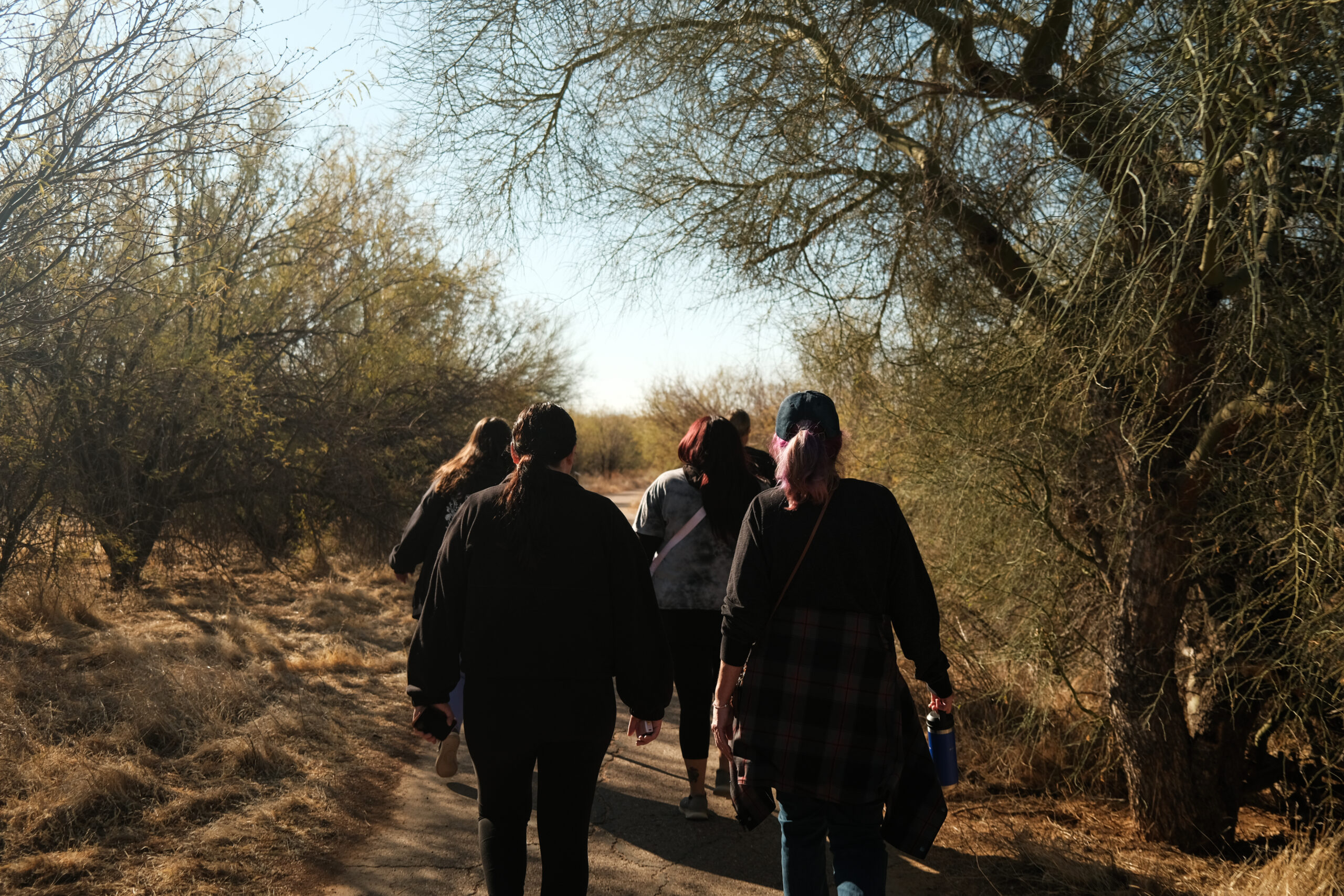Treatment for
Substance Abuse
& Mental Health
Find your path to life long sobriety with our substance abuse treatment programs and mental health services.
Call Now
Call Now
Verify Insurance
Verify Insurance

We Accept Most Insurances
Now accepting AHCCCS Plans!
Verify Insurance
Verify Insurance
How We Treat the Whole Person
Cornerstone Healing Center specializes in treating drug and alcohol addiction with our holistic approach to treatment. No matter if you or a loved one needs residential treatment, outpatient treatment, or a more flexible virtual option, we help guide you to your life long sobriety.
All of our addiction treatment programs and mental health services help heal your mind, body, and spirit. We create a compassionate, respectful, and guided environment for everyone who needs a safe place in Phoenix and Scottsdale, Arizona.


Top-Rated Center for Substance Abuse
At Our
Phoenix Drug Rehab, You’re Not Alone
Our personalized substance abuse treatment programs and comprehensive mental health care are tailored to meet your unique needs. Our programs combine evidence-based therapies with holistic care to support you through every step of your recovery.
Whether you’re looking for residential care, outpatient substance abuse treatment, or a virtual option, we offer a range of personalized treatment plans to help you navigate your addiction.
We treat the following addictions:
Supportive Mental Health Treatment
How Cornerstone Transforms Your Mental Health
Our behavioral health center offers personalized residential mental health treatment, designed to help you heal in a safe, supportive environment. We also treat co-occurring disorders, providing comprehensive care for both mental health and substance abuse. For more flexibility, our Virtual IOP allows you to get the same dedicated care from the comfort of home, helping you stay on track with your recovery while managing daily life.
We treat:
-
Anxiety
-
Bipolar 1 & 2
-
Borderline Personality Disorder (BPD)
-
Codependency
-
Depression Disorders
-
Grief & Loss
-
Mood Disorders
-
Post Traumatic Stress Disorder (PTSD)
-
Trauma

Reach out
We are one call, form fill, or chat away. Our team will be here for you to provide you with a free and confidential consultation. Get Started
Get connected
We’ll start by getting to know you and your mental health goals. From there, we’ll craft a personalized virtual treatment plan that meets your needs.
Start thriving
You will get access to your client portal and schedule which will include groups, individual therapy, and matched with a dedicated wellness coach.
Our Simple Process to Get Started
Substance Abuse Residential
Treatment
Partial Hospitalization Program
Intensive Outpatient Programs
3-Day Intensive Outpatient Programs
4-Day Intensive Outpatient Programs
5-Day Intensive Outpatient Programs
Substance Abuse
Virtual IOP
Recovery Coaching Aftercare
Mental Health Residential
Treatment
Mental Health
Virtual IOP
Our Treatment Programs in Arizona
We offer a wide range of substance abuse treatment programs and behavioral health services, including residential treatment, partial hospitalization, and outpatient services, all designed to help you heal and recover. Please keep in mind that placement depends on level of care, location, and needs.
Meet Our Arizona Treatment Team
Meet our experienced masters-level treatment professionals passionately dedicated to providing compassionate, expert care in our state-of-the-art rehabilitation facilities and recovery centers.
Clinical Director of Scottsdale Program
Eboni Fields, MS LPC
Eboni Fields, MS LPC, is a seasoned Clinical Director who brings over a decade of experience in behavioral health and substance abuse. She is a licensed professional counselor with a Masters in Mental Health Counseling from Grand Canyon University.
Clinical Director of Phoenix Program
Nate Bush, LCSW
Nate began his recovery journey in 2010 and earned a Master’s in Social Work from ASU. He’s been in the Behavioral Health field since 2013. Specializing in CBT, DBT, and grief, Nate is now the Clinical Director of our Phoenix program, underlined by his passion for helping others who struggled with substance abuse issues as he did.
Knowledge base
Treatment Information
Get
Started
Now
Call and speak with one of our caring team members about help for you or a loved one.
